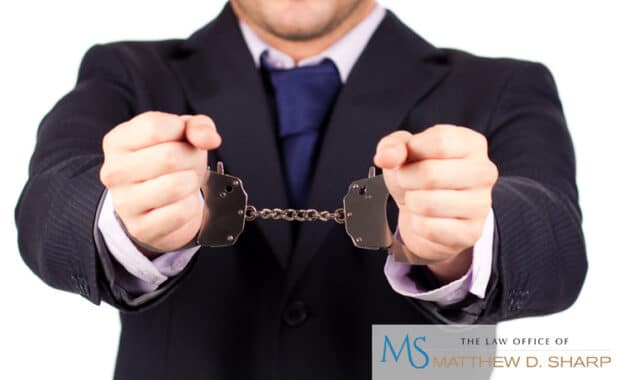The COVID-19 pandemic has been hard on all of us. Sickness and deaths aside, the pandemic has also resulted in a crippling recession that is being exacerbated by high unemployment rates and uncertainty surrounding the economy itself. Financial aid and stimulus checks for those hardest hit have only served as a drop in the bucket, so many are turning to theft.
According to the Houston Chronicle, rates of shoplifting have risen since the COVID-19 pandemic began. Moreover, the theft rates are higher during this economic downturn than those that have occurred in recent memory. Interviews conducted with retailers, police departments and security experts say that most of the items being stolen include food staples (like bread and pasta) and baby formula.
Aegis chief executive, Jeff Zisner, has suggested that the trend is an “increase in low-impact crimes.” Furthermore, Zisner concludes that these people aren’t going into establishments to grab non-essential items like new flat-screen TVs; they’re targeting food to feed themselves and, more often, their children.
According to the U.S. Department of Agriculture, at least 54 million Americans will deal with hunger to some extent in the coming year. This is a 45 percent increase over past years.
Contributing factors include reductions in food aid programs (SNAP and WIC, specifically) and a marked increase in demand, resulting in food banks and pantries seeing thousands of people waiting in hours-long lines to receive donations.
Texas shoplifting penalties
Regardless of the motivation of why someone steals, there are real and serious consequences if you are caught and charged with shoplifting in Texas. Depending on the value of items stolen, those guilty of shoplifting can be charged with either a misdemeanor or a felony. Both charges can carry penalties of jail time and/or fines.
Theft of property valued at less than $50 is typically classified as a Class C misdemeanor, which is punishable with fines up to $500.
Class B misdemeanors are on the table for theft of property that is valued between $50 and $500. This charge carries a jail sentence of up to 180 days as well as fines up to $2,000.
For property valued between $500 and $1,500, the charge is a Class A misdemeanor. The penalties include 1 year in jail and fines reaching up to $4,000.
Property that is valued at over $1,500 becomes a felony charge.
For items that range from $1,500 to $20,000, those guilty are charged with a state jail felony. This charge carries with it 180 days to 2 years in a Texas state penitentiary and up to a $10,000 fine.
Persons who commit theft of items valued between $20,000 and $100,000 can be charged with a third-degree felony, which carries with it a jail sentence of 2 to 10 years and up to a $10,000 fine.
For property that is valued between $100,000 and $200,000, the charge is a second-degree felony, which also carries penalties of 2 to 10 years in jail and a $10,000 fine.
Theft of property that is valued at more than $200,000 carries jail time of between 5 to 99 years and fines up to $10,000.
Adults who shoplift can also be sued by the business that they stole from. These civil suits can be for any property damage caused during the theft as well as other fines reaching $1,000. In the case of minors committing theft, the minor’s parent(s)/guardian(s) could be sued. These suits could equal actual damages up to $5,000.
Defenses for shoplifting in Texas
There are several possible defenses for those who are charged with shoplifting. Typically in cases of shoplifting, the guilty have knowingly committed the crime they’re being charged with. This is especially true of people who are stealing food in order to survive. However, there are instances where defendants can receive lesser sentences if they return the property they have stolen.
If you’re struggling through this COVID-19 pandemic, know that you are not alone. For those facing shoplifting charges, it’s important that you seek out an attorney who can handle your type of case.





